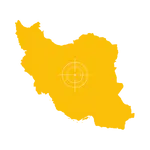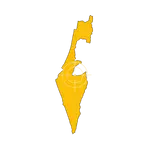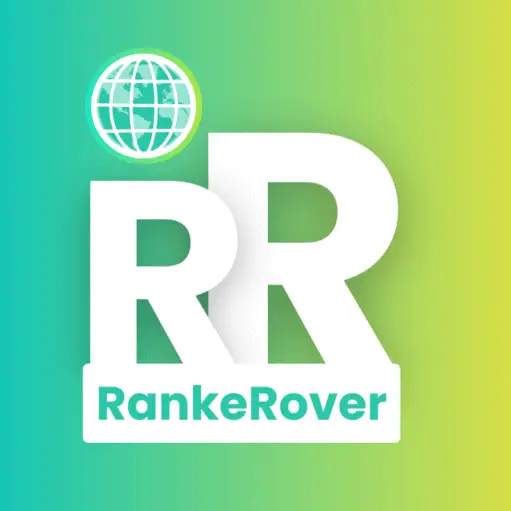Iran vs Israel Power Comparison – Who Holds the Upper Hand?
Iran vs Israel Power Comparison
In the geopolitical landscape of the Middle East, few rivalries are as intense or as globally significant as the Iran vs Israel power comparison. These two nations, though geographically separated by a few borders, are at the heart of strategic discussions, military evaluations, and ideological conflicts. But when comparing their power — military strength and international influence — which country stands stronger?
1,648,195 Km

21,937 Km

Rank : 17
Area
Rank : 135
$15.4 Billion

$30.5 Billion

Rank : 25
Defense Budget
Rank : 17
92,417,681

9,517,181

Rank : 17
Population
Rank : 98
610,000

170,000

Rank : 08
Active Personnel
Rank : 31
350,000

465,000

Rank : 20
Reserve Personnel
Rank : 16
Islam

Judism

Rank : 02
Religion
Rank : 09

Total Aircraft
551
611


Fighter Aircraft
188
240


Attack Aircraft
21
38


Helicopters
128
147


Attack Helicopters
13
48


Tank Strength
1,713
1,300


Armored Vehicles
65,825
35,985


Self Propelled Artillery
392
352


Towed Artillery
2,070
171


Rocket Projectors
1,517
183


Fleet Strength
107
62


Frigates
07
00


Submarines
25
05

Iran: History, Geography, Importance, People, and Facts
History of Iran
Iran, historically known as Persia, is one of the oldest civilizations in the world, with a history that dates back to 3000 BCE. The Achaemenid Empire (550–330 BCE), founded by Cyrus the Great, was the first Persian empire and once spanned three continents. Subsequent dynasties like the Sassanids, Parthians, and Safavids cemented Iran’s role in science, architecture, and politics.
The 20th century saw major transitions—from a monarchy under the Pahlavis to an Islamic Republic after the 1979 revolution. Iran’s modern political identity has since been shaped by tensions with Western powers and a unique blend of theocracy and democracy.
Geography of Iran
Iran is a land of geographical diversity, featuring:
- Towering mountain ranges like Zagros and Alborz
- Deserts such as the Dasht-e Kavir and Dasht-e Lut
- Fertile valleys in the north and west
- Long coastlines along the Persian Gulf and Caspian Sea
This diverse landscape supports a wide range of ecosystems, agriculture, and natural resource extraction.
Importance of Iran
Iran plays a crucial role in:
- Energy Markets: Holds the 4th largest oil reserves and 2nd largest gas reserves
- Regional Politics: Influences Iraq, Syria, Lebanon, and Yemen
- Religious Leadership: Spiritual hub for Shia Islam
- Strategic Location: Sits at the crossroads of Asia and Europe
People of Iran
Iran has a vibrant ethnic and linguistic mix:
- Persians (majority)
- Azeris
- Kurds
- Arabs
- Baloch
Persian (Farsi) is the official language. Iran is known for its hospitality, poetry (like Rumi and Hafez), and academic achievements.
Fascinating Facts about Iran
- Home to one of the world’s hottest places: Dasht-e Lut Desert
- Hosts 19 UNESCO World Heritage Sites
- Invented wind towers and qanats (ancient water systems)
- World leaders in saffron production
- Among few countries with a self-sufficient military industry
Israel: History, Geography, Importance, People, and Facts
History of Israel
Israel’s historical roots date back to biblical times, forming the ancient kingdoms of Israel and Judah. After centuries of diaspora and persecution, including the Holocaust, Israel was re-established in 1948.
The country has since fought multiple wars and continues to navigate regional tensions. It remains one of the few Middle Eastern democracies and has developed into a technological powerhouse.
Geography of Israel
Though small in size, Israel features:
- Coastal plains along the Mediterranean
- Fertile valleys like the Jezreel Valley
- Desert regions like the Negev
- Unique natural landmarks: Dead Sea, Sea of Galilee
Importance of Israel
Israel is important for several reasons:
- High-tech hub: Silicon Wadi is home to startups and R&D
- Defense innovation: Creator of the Iron Dome
- Religious significance: Sacred to Judaism, Christianity, and Islam
- Strong alliances: Especially with the USA and EU
People of Israel
Israel has a population of 9+ million, composed of:
- Jews (~74%)
- Arabs (~21%)
- Others (Druze, Samaritans, etc.)
Hebrew and Arabic are official languages. Israelis are known for their entrepreneurial mindset, military service, and scientific breakthroughs.
Interesting Facts about Israel
- Has the highest number of startups per capita
- Created Waze, Mobileye, and many cybersecurity innovations
- Women serve in the military
- Home to world’s lowest point: Dead Sea (-430m)
- Hosts over 100 national parks and reserves
Iran vs Israel
Both countries punch above their weight in different aspects—Iran with land and natural resources, Israel with innovation and alliances.
Which has more military power?
Both are strong in different ways—Iran in regional manpower and Israel in technology and alliances
What languages are spoken in Iran and Israel?
- Iran: Farsi (Persian)
- Israel: Hebrew and Arabic
Is Israel a democracy?
Yes. Israel is a parliamentary democracy.
Which country is more historically significant?
Both. Iran has thousands of years of empires, while Israel has major religious and cultural roots.
Which country has more natural resources?
Iran. It holds major oil and gas reserves
More facts And Info Explore :
Sources:


